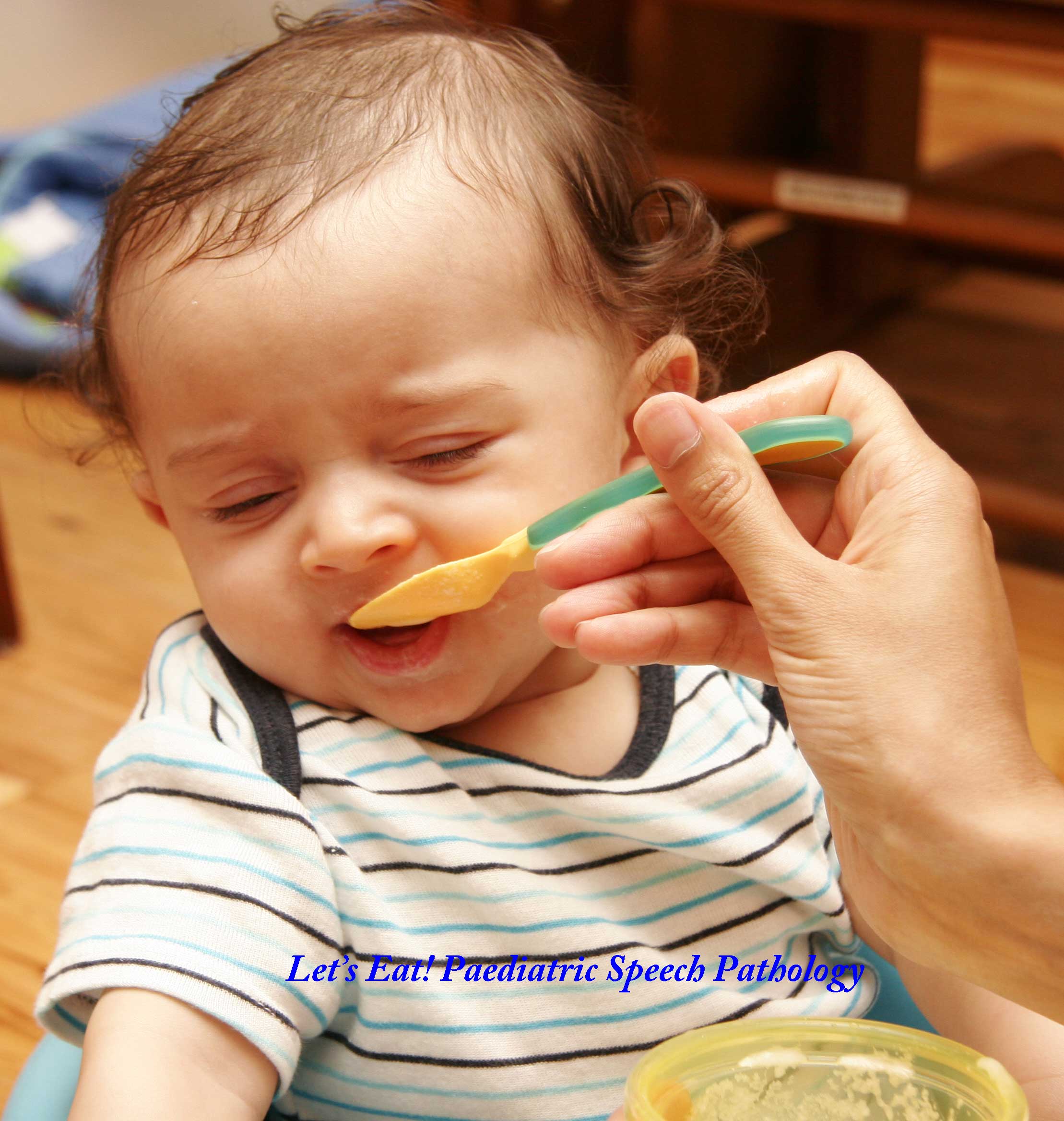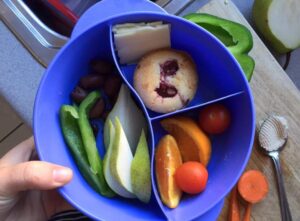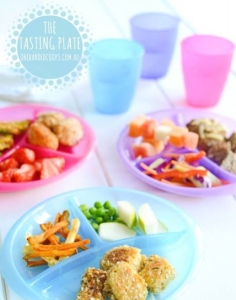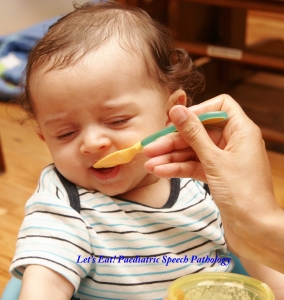
A patient of mine recently contacted me about her child’s eating at daycare and it got me thinking about this common issue for many of my patients. As a parent I know I personally struggled with this at my son’s daycare in the early days as well.
For ease of reading, let’s refer to child care for day care, preschool and family daycare environments. I appreciate there is a difference to meals but this information should stretch across all environments.
There are lots of positives…
Child care environments are wonderful places for children to learn about new foods, eat familiar foods in a different environment and the best thing – eat together with their peers.
For most children, the transition to childcare will be an easy one and sometimes families will find that their child will eat meals at child care that they don’t normally at home. Whilst that can be frustrating for home meal planning, it is reassuring to know that when your child is away from you, they are eating well and able to use that energy on learning and play.
For some children, that’s not the case…
In settings where the meals are prepared on site and offered to all the children, some parents can find that their child is refusing to eat the meal completely. This is not only stressful for the parents but the child care staff as well.
Here is what you can do
Firstly, don’t pressure your child to eat and please make sure that the child care staff are not pressuring the child either. I cannot stress this enough! Too often I hear of cases where children are crying or refusing to go to child care because of the expectations around food. This path is hard to rewind on so please get in early.
Secondly, pull in your feeding experts information when you talk to your child care director, I am sure the staff will be willing to help problem solve with you as it’s probably stressful for them too. Ellyn Satter is one of these feeding experts on fussy eating and her ‘division of responsibilities’ (as described in her book Feeding with love and good sense) is as follows:
Adults are responsible for what, when and where
Specifically to child cares, this means that their roles are to:
- Provide scheduled meals and snacks: ideally with all the children sitting down together and having a happy meal.
- Provide the same meal for all the children to eat (allergies are obviously the exception). Work with your child care here, if your child is refusing pasta, could they provide some bread with the meal? If your child is refusing cheese on crackers, could there be an option for plain crackers? Could they ensure there are always familiar foods on offer (that you know your child will eat) when unfamiliar foods are offered.
But children also have roles as well – they are responsible for how much and whether
This is important – we need to trust children around developing their eating self regulation
- This means that we need to let children choose from the food that is offered
- We need to let them eat as much or as little as they want
- We need to allow children to refuse foods they don’t want to eat
Some days, children will eat a lot and some days, they might not. Here is what I stand strongly on:
- We should never limit the amounts children eat
- We should never ever (!!) pressure children to eat certain foods and certain amounts. This means no tricky (mixing savoury and sweet), no bribing or forcing children to eat – period.
Children who are forced to eat will never eat as much, because you have just made them anxious and brain wise – their cortisol levels are rising which immediately drops their appetite. Increased cortisol levels can impact learning, memory and even impact on immune systems.

So please get a nourishing snack box ready for your child if you must and offer this to them as soon as you pick them up from child care. Better yet, sit in the car with them and eat this with them for some beautiful modelling and return of happy emotions around eating. Reassure your child care, as long as they are offering familiar (safe foods) at every meal in a pressure free and peer modelled environment, your child will eventually start eating new foods. But it takes time…
I know some child cares pre-plate meals for children and then encourage children to finish their plates to minimise waste. I can completely understand their reasons behind this. If your child care is willing to be a bit more flexible, encourage them to offer foods in the middle and let children use tongs to serve themselves (perfect fine motor activity) and whilst it does make more mess, it will save money because children (over time) will eat what they serve themselves. In the beginning though, (like adults), some children’s eyes are bigger than their tummies (but I’m sure we can all relate to this!)

For “restricted eaters” who have more specific oral motor and sensory related difficulties are food, you may need your Paediatric Feeding Speech Pathologist or Occupational Therapist to help guide your child care around what foods can support your child’s eating. So please speak directly with them about this.
Hope this gives you some direction, I know from personal experience that is definitely stressful when your child is not eating at child care. But I also know that with good team work with your childcare, things can improve for the better, hang in there.
Until next time,
Happy mealtimes
Val Gent
Paediatric Feeding Speech Pathologist @ Let’s Eat! Paediatric Speech Pathology
This website and information on this blog post is provided for educational purposes. It is not meant or intended to replace Speech Pathology assessment and management nor medical or nutritional care for a child. It is recommended that you discuss any concerns or questions you might have with your Speech Pathologist and managing Doctor and develop an individualised team plan specifically for your child.
About the author of this blog post
Valerie Gent is an Australian based Speech Pathologist with 13 years experience in Paediatric Feeding. She has recently opened a private practice called ‘Let’s Eat! Paediatric Speech Pathology’ that caters for Newcastle based babies and children with feeding difficulties. Valerie is passionate about working in the area of paediatric feeding and special needs and has been involved in the teaching and training of Australian Speech Pathology University students and allied health professionals. You can find out more about Valerie Gent and ‘Let’s Eat! Paediatric Speech Pathology’ via her website www.letseatspeech.com.au and Facebook page www.facebook.com/LetsEatPaediatric SpeechPathology or email her on valerie.gent@letseatspeech.com.au



